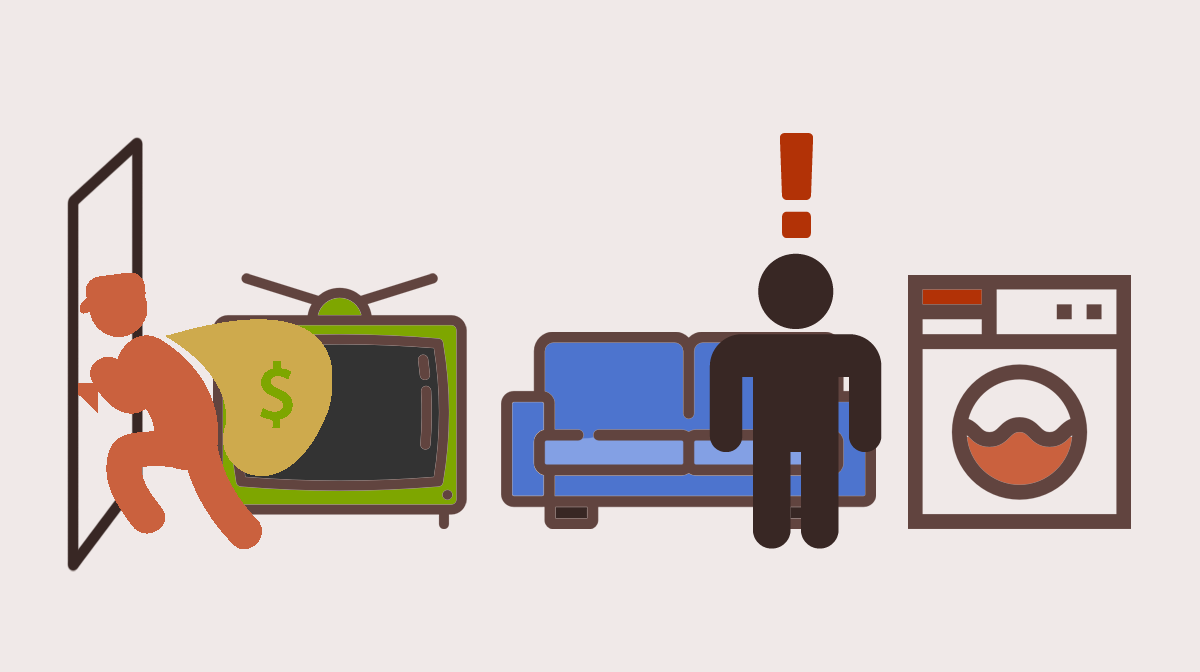Recently the New York Times ran this short article about the complexities of breaking an apartment lease in New York City. A friend of mine who is a broker at a Chicago leasing agency posted it to my Facebook with the comment, "would love to hear your take on the subject under Chicago's RLTO. We get a lot of people looking for off-season re-let help for peak-season leases. It's a rough world."
Quick answer: if you know what you're doing, it can be very easy. When I was trying to find a sub-lessee for my old apartment in 2007, it took me about a week despite it being a vintage top floor walk-up in Rogers Park during the off-season. But at that point I'd already been showing property professionally for 2 years and I knew both a) what my landlord required and b) how to pitch an apartment. If you don't know what you're doing, it can be obscenely difficult. Case in point, my friend whose departure from her Chicago apartment for the Netherlands wound up involving two attorneys, a Realtor, a middle of the night move-out and some serious fretting that her landlord would come in during the workday and poison her pets.
So how can the same starting situation wind up so vastly different? There are, as I'm sure you can guess, a number of factors involved. Continue reading Dear RentConfident: How Difficult is it to Break a Lease in Chicago?






